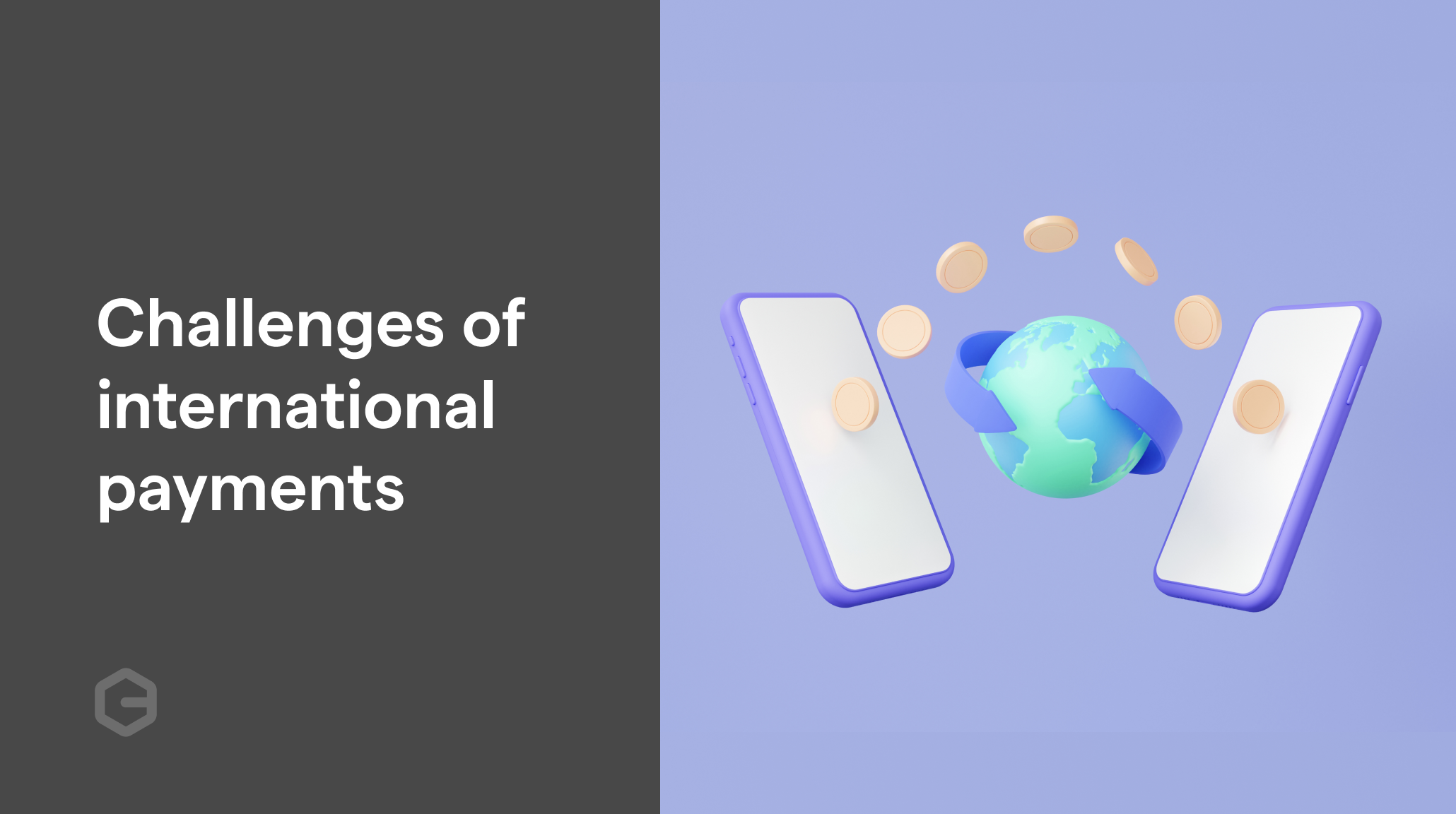As a Non-Resident Indian (NRI), have you ever wondered how you can conveniently manage transactions between India and your current country of residence? With the rapid growth of digital payment systems in India, Unified Payments Interface (UPI) has become a game-changer, offering seamless and real-time payments.
The impact of UPI on the Indian population has been so profound that by 2024, it had already made up approximately 83% of the total payment volume recorded, and the percentage has only grown further.
Due to geographic and regulatory barriers, accessing and using UPI payments may seem challenging for NRIs. However, the Indian government has taken significant steps to make UPI accessible to NRIs, enabling them to transfer money, pay bills, and even make investments in India.
But can NRIs use UPI in the same way as residents? To answer this question, this guide will help you navigate UPI payments as an NRI, addressing key concerns and offering insights into making the most of this efficient payment system.
What are UPI Payments? List of Countries Utilising Them
UPI Payments (Unified Payments Interface) is a real-time, digital payment system developed by the National Payments Corporation of India (NPCI) in 2016. It allows users to transfer funds between bank accounts instantly using their smartphones.
UPI enables users to easily link multiple bank accounts to a single mobile app and make secure transactions, such as bill payments, money transfers, and purchases. It also operates 24/7 and offers features like peer-to-peer and merchant payments, making it a highly efficient, seamless, and secure alternative to traditional payment methods.
Below is a list of countries that support UPI payments to India and vice versa, making it easier for NRIs to transfer funds to their families and businesses in India. Please note that some countries in this list use their own UPI payment systems. The list of countries is as follows:
- United Arab Emirates (UAE)
- Singapore
- United Kingdom (UK)
- United States (USA)
- Canada
- Australia
- Qatar
- Saudi Arabia
- Kuwait
- Oman
- Bahrain
- Malaysia
As UPI continues to expand globally, more countries are expected to adopt this convenient and secure payment method, enhancing cross-border transactions and making it easier for NRIs to manage financial needs in India.
How Can NRIs Access UPI? A Step-by-Step Guide to Follow
UPI is an incredibly convenient payment system for NRIs, allowing seamless transactions between India and their current country of residence. While accessing UPI may seem challenging for those outside India, it is possible through specific steps and requirements. Here is a step-by-step guide on how NRIs can set up UPI for their convenience:
Ensure Eligibility for NRI UPI Registration: To use UPI as an NRI, you must have an Indian bank account that supports UPI services. Some banks may have specific requirements for NRIs to use UPI, such as an Indian mobile number linked to your bank account.
Link Your Indian Mobile Number: A registered Indian mobile number is essential for the UPI registration. If your Indian number is not used abroad, consider using a virtual Indian number or roaming services to receive verification codes.
Download a UPI-Compatible App: To register for UPI, you must download a UPI-compatible app like BHIM UPI, PhonePe, or Google Pay. Ensure that the app supports NRI accounts. While selecting an app, consider exploring integrated platforms such as Payglocal, which offer added benefits and effortlessly support cross-border payments.
Complete the Registration Process: Open the UPI app, select the “Register” option, and follow the steps provided. You will need to enter your mobile number and bank details and authenticate via OTP (One-Time Password) sent to your Indian mobile number.
Set Your UPI PIN: Once your details are verified, you will be prompted to set a UPI PIN (Personal Identification Number). This PIN is required to authorise transactions made through the UPI app.
Start Using UPI for Transactions: After completing the setup, you can begin using UPI for various transactions, such as sending money, paying bills, and making online purchases in India.
Also Read: Differences between VAT and U.S. Sales Tax - Future Implications
What Are The Potential Benefits of Using UPI Payments for NRIs in India?
UPI payments have transformed the way financial transactions are conducted in India, and UPI offers NRIs a simple way to manage transactions in India. Here’s a closer look at the key benefits of using UPI payments for you as an NRI:
Instant and Real-Time Transactions: UPI payments allow instantaneous money transfers between banks, available 24/7. For NRIs like you, this is especially useful when sending funds back to India or paying Indian bills, as the transaction happens in real time.
Low Transaction Fees: UPI payments are known for their low transaction costs, making them a cost-effective option. Compared to international wire transfers or other money transfer services, UPI currently charges no transfer fees, but this could change in the future.
Fintech solutions like Payglocal can amplify these benefits by offering enhanced security features and seamless integration with international finance systems. Through its global payment methods and multi-currency accounts, Payglocal facilitates international transactions.
Easy and Convenient Access: UPI allows you to make payments using a simple mobile app or banking platform. With UPI, you can easily access their Indian bank accounts, link them to UPI apps, and initiate payments, all from their mobile devices.
Secure and Safe Transactions: UPI is a highly secure payment system that offers two-factor authentication (2FA) for transactions. It provides a safe and reliable way to make payments or transfer funds back home without worrying about fraud or unauthorised access.
Integration with Multiple Services: UPI integrates seamlessly with various services, including bill payments, shopping, and investments. You can use UPI to pay utility bills, shop online, and even invest in mutual funds or stocks in India.
Cross-Border Transactions: UPI also enables cross-border transactions, allowing you to make payments in India from your foreign accounts. With integration to international payment services, you can transfer funds easily from abroad to India by bypassing the complexities of international money transfers.
Also Read: Understanding the Process and Types of Bank Guarantee
As good as UPIs are, potential users like you must consider certain points before opting for them to ensure you enjoy their capabilities to the fullest while sidestepping certain roadblocks. Let’s explore what you might encounter and how to tackle these issues.
Potential Challenges Faced by NRIs When Using UPI Payments
While UPI offers convenience for NRIs, certain challenges may arise when using this payment system from abroad. Here’s a detailed breakdown of some of the common challenges you might face when using UPI payments:
Limited Availability of UPI for NRIs: UPI services may not be universally available for all NRIs. Some banks and UPI platforms might not offer full access to you and put certain restrictions on you, like integrating a transaction amount cap, thereby limiting your ability to make payments or link accounts.
Linking International Mobile Numbers: Linking an international mobile number to UPI can be challenging. While some banks allow you to register with an international mobile number, others require you to possess an Indian-based number.
Restrictions on NRE/NRO Accounts: You can face restrictions when linking your NRE or NRO accounts to UPI. While some banks allow you to link your NRE or NRO accounts to UPI, others may impose restrictions, particularly on cross-border transactions.
Currency Conversion Issues: Currency conversion can pose challenges when using UPI for international payments. This is mainly because most UPI transactions for NRIs are primarily designed for domestic payments in INR (Indian Rupees).
In such cases, utilising platforms like Payglocal that offer dynamic currency conversion might be worthwhile, especially for NRIs like you who want to minimise currency-related challenges. This way, you’ll not have to worry about converting currencies before sending them across borders, thereby accelerating the entire transaction process.
Compliance and Regulatory Hurdles: When using UPI, you must navigate complex regulatory requirements. Regulatory restrictions in certain countries and tax policies in India might limit your ability to send or receive money via UPI.
Essential Tips for NRIs When Using UPI Payments
UPI payments offer a convenient way for NRIs to transfer money to India, pay bills, and manage finances. However, a few essential tips can help NRIs ensure smooth, secure, and efficient UPI transactions.
Link an Indian Bank Account: For smooth transactions, make sure you link your Indian NRE/NRO account to your UPI ID. Linking your NRE (Non-Resident External) or NRO (Non-Resident Ordinary) account to UPI ensures that you can send and receive funds from your Indian bank account directly.
Use Trusted UPI-enabled Apps: Use trusted apps authorised by the National Payments Corporation of India (NPCI). Choose reliable UPI-enabled apps such as Google Pay, PhonePe, or Paytm.
Verify Transaction Details Carefully: Always double-check the transaction details before confirming payments. Verify the recipient’s UPI ID, amount, and other information to prevent errors or sending funds to the wrong party.
Ensure Strong Internet Connection: When making UPI payments, ensure you have a stable internet connection. A poor or unstable connection can disrupt the transaction, causing errors or delays.
Understand Transaction Limits and Fees: Be aware of transaction limits and charges associated with UPI payments. UPI transactions generally have daily limits, and fees may apply for certain services.
Keep Your UPI PIN Secure: Protect your UPI PIN from unauthorised access. Your UPI PIN is critical for authorising transactions. Never share your PIN with anyone, and ensure you use a strong PIN to avoid unauthorised access to your account.
Be Cautious of Fraudulent Activities: Be cautious of fraudulent schemes and phishing attempts. Always verify the authenticity of payment requests. Avoid clicking on suspicious links or sharing sensitive details over SMS or email.
Monitor Your UPI Transactions Regularly: Monitor your transaction history regularly. Track all UPI transactions through your app to ensure that no unauthorised payments have been made.
Conclusion
UPI payments have transformed how NRIs manage financial transactions between their host country and India. UPI simplifies cross-border transactions by offering a fast, secure, and convenient platform for fund transfers, bill payments, and more.
For NRIs looking for a seamless experience when using UPI, companies like Payglocal provide excellent support. As a fintech company specialising in global commerce, Payglocal offers innovative payment solutions that integrate UPI with international financial systems.
With Payglocal’s services, NRIs can streamline their cross-border payments, ensuring convenience, security, and regulatory compliance. Connect with Payglocal today to learn more about all of their services.


